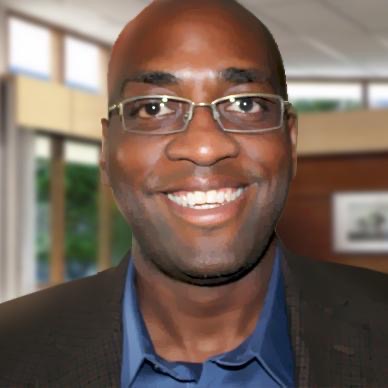

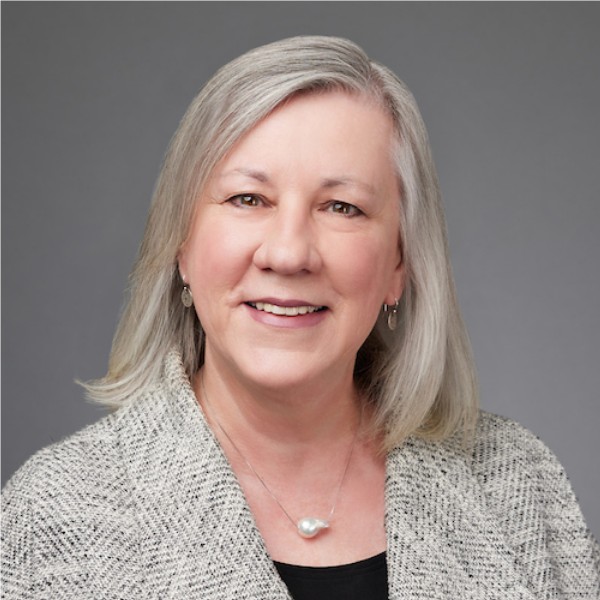
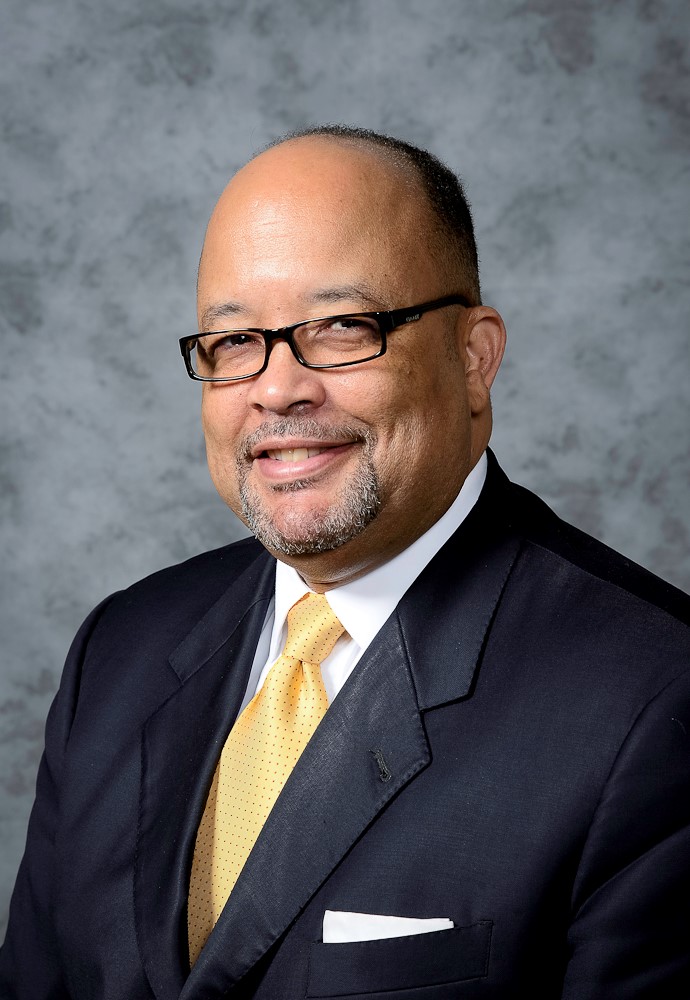
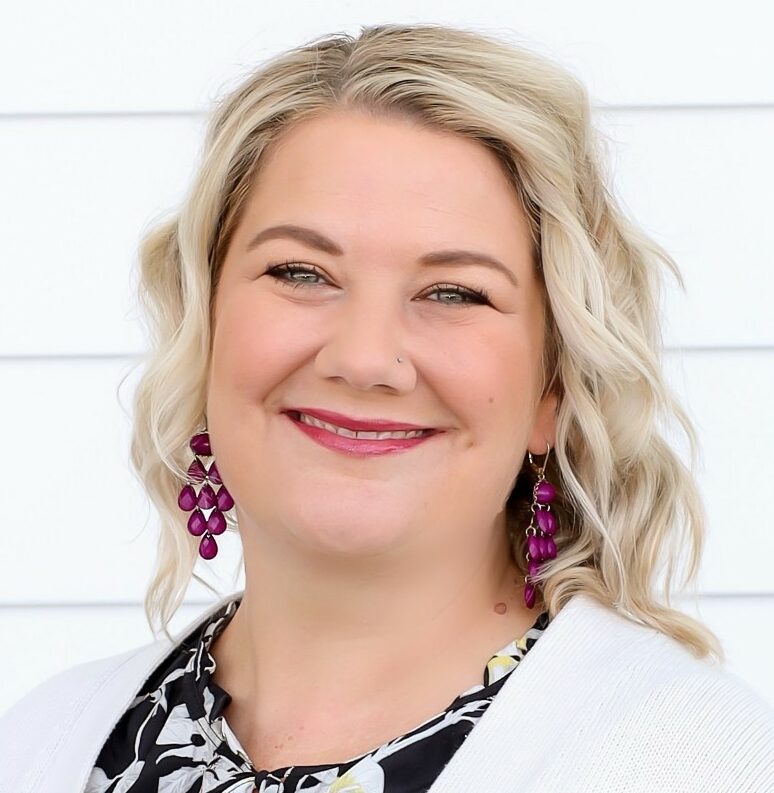
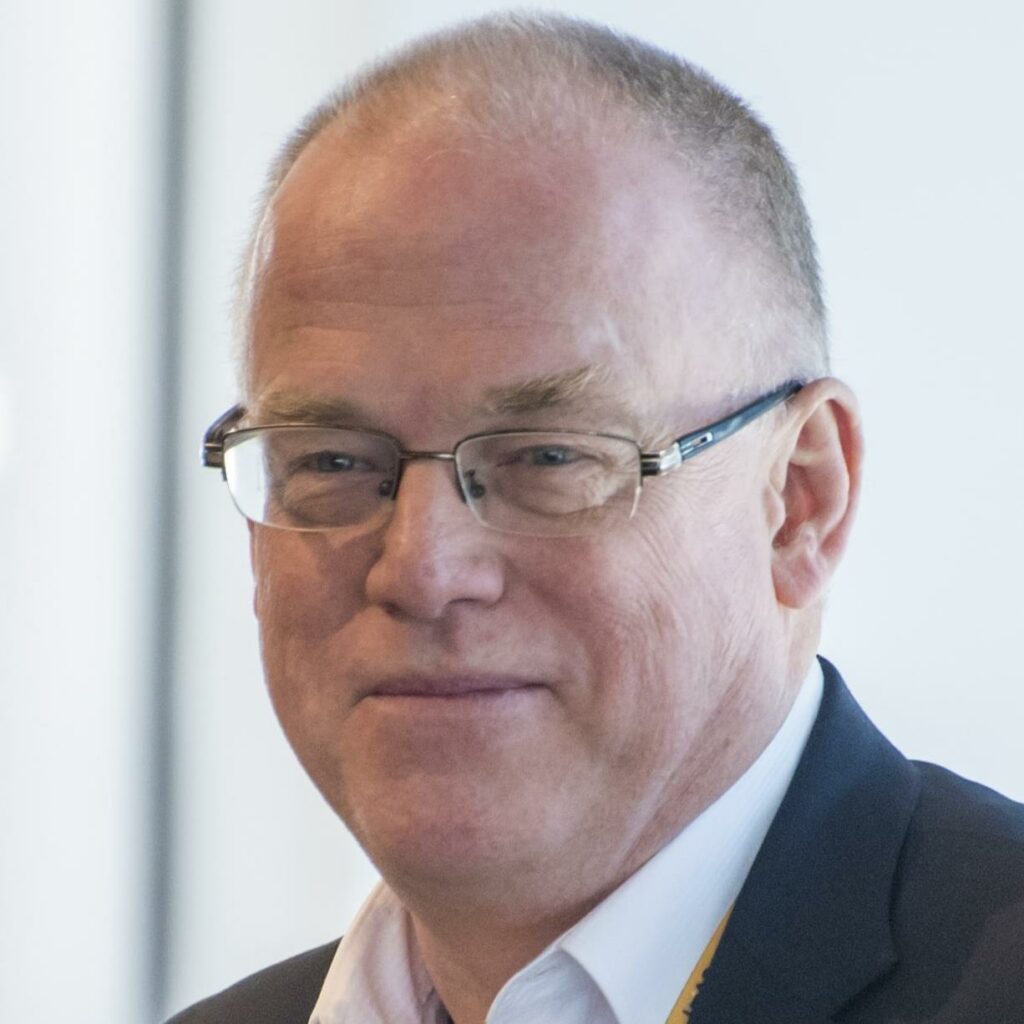
My North Star has long been the vision of inclusive recognition of lifewide learning for lifelong development. I first got excited about ePortfolios in 2003 —my honeymoon actually was at the 2004 version of ePIC (ePortfolio and Identity Conference)! In 2011, I got excited about digital badges and made sure that Mozilla Open Badges came to ePIC 2012 as a more accessible incremental form of ePortfolio, controlled by empowered learners, built from digital badges, and recognizing learning, skills and achievements that could be formal, nonformal, and even informal.
I wear three hats now: advocate for more open forms of recognition of lifelong learning that go beyond course certificates; provide consulting services for digital credential projects based on Open Badges for clients in Canada, the US, and overseas; and my company is the service provider for CanCred.ca, a leading Canadian digital badge and micro-credential platform.
I feel a bit like an outlier in the Credential As You Go community, as someone living in Canada who does a lot of international work, not just in higher education but across several sectors. For example, while I think that different types of stacking at the graduate level and for industry can be great and love hearing about such developments, I'm still doubtful about many visions I've heard about stacking micro-credentials toward undergraduate degrees, like so many Lego pieces. It's an access story for adult learners but I worry that a lot of the rhetoric for stacking is driven more by institutional desire than learner or employer demand. Most examples I've seen of stacking toward degrees could be described as program articulation. I know my own degree has helped me in my life, and it was earned in a learning journey across three institutions, leaving several orphaned incremental credits in my wake! I love the multiple perspectives of the Incremental Credentialing Framework, and particularly how external and prior learning are displayed front and centre. We need to push harder to see more examples of "Retro As You Go" and even "Claim As You Go" ways to sustainably recognize work-integrated and other forms of life-wide learning, to go beyond the box of pre-imagined "badges for courses," if we want to truly empower lifelong learners.
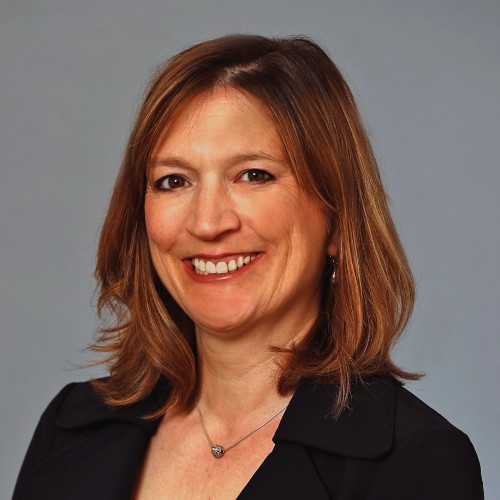
It's long been clear to me that people's life experiences evolve in ways that are unique to their circumstances, interests, and other things that motivate them. The assumption that everyone should follow the same traditional learning path is just not realistic. We pursue different paths, learn from them, change our minds based on what we are learning, and so on. As we become adults, we are so different from our younger selves, and we continue to evolve and change with every year. And the world of work is changing even faster! So it's critical that everyone has the option to learn new skills and pursue different career paths at every stage of their lives.
About a year ago, Jeff Grann of Credential Engine and I wrote a blog series on Credential Transparency that discusses "bigger-picture thinking about the need for greater transparency about what students know and can do as they traverse the on-and off-ramps between education and work." One of the themes in these blogs was how important it was for postsecondary systems to be a key player in the movement toward this new way of treating learning and skills. Three things in particular stand out for postsecondary institutions to be working on in order to stay in the game:
CAEL has been leading a lot of work to help institutions and systems with some of the needed translation of skills and knowledge -- through credit for prior learning programs, building credit crosswalks between industry credentials and postsecondary ones, creating new tools and processes for making those crosswalks more transparent, and advocating for new kinds of incremental credentials. We are also helping institutions and systems build incremental credentialing pathways - for example, through our Advancing Delta Talent initiative in the Mississippi River Delta Region.
Institutions and organizations are clearly taking many important steps towards a new kind of model where the bachelor's degree is not the only route to a rewarding career pathway, family-sustaining wages, or economic mobility more generally. I think that existing efforts -- like Credentials As You Go -- are making great progress in helping to expand awareness of and access to more of these kinds of pathways. I do think that in the U.S. we have some unique challenges due to how decentralized our system of education is. That makes it harder to establish any kind of universal standards -- whether for competency definitions, course outcomes, or specific degrees or credentials. But ultimately, technology-based solutions are likely to help us evolve to a new reality, perhaps sooner than we might even be able to predict right now.
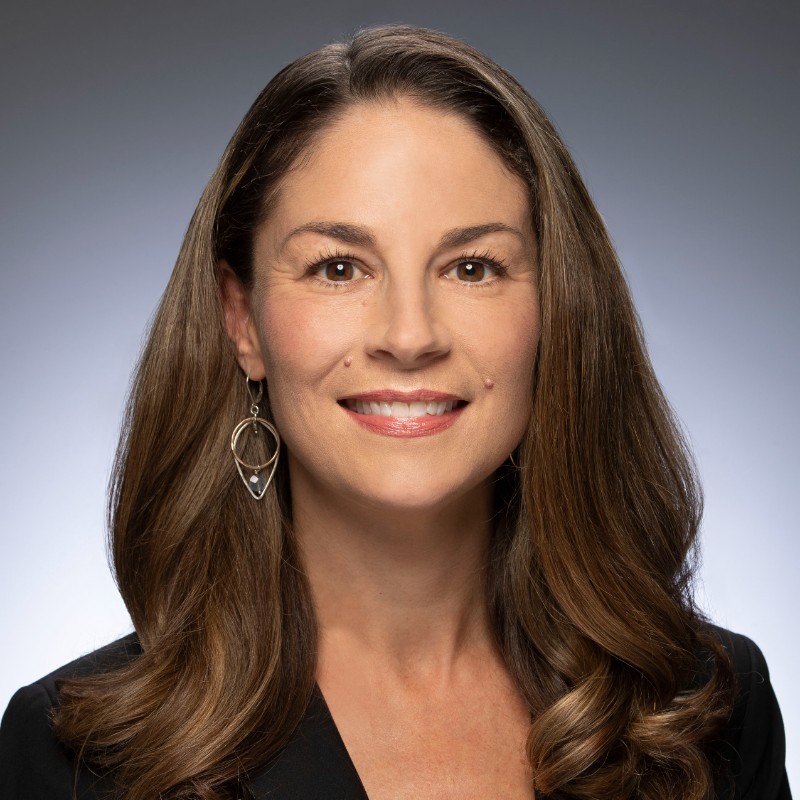
Many of the skills and competencies I have today were gained through different jobs and volunteer opportunities over the years. My job in hotel housekeeping, for example, taught me time management, attention to detail, and customer service. Serving as a personal care worker required me to be well-organized and reliable, an excellent communicator with strong people skills, and demonstrate a compassionate attitude. And my role as a fundraiser for my college’s tele-fund helped me learn resilience, self-motivation, and how to stay positive in the face of adversity.
As I have continued in my path of learning and work, what I am struck by is that so much of what has propelled me forward is due to the symbiotic relationship between education and work. I have needed traditional credentials to garner the interest of a potential employer, but it was the competencies mastered and experiences gained through work and service that employers valued most. In our current educational system, unfortunately, it is contingent upon the learner to bring those skills to the forefront. If higher education operated in an incremental manner, capturing and recognizing learning through a variety of formal and informal platforms, students could more easily share those proficiencies with others —better supporting them along their learn-and-work journey.
Because of my privilege, I have benefitted from a degree-centric higher education system but it is an inequitable system that does not serve our communities well. For learners forced to leave school due to jobs, family obligations, or finances, we often fail to recognize what they’ve learned. Incremental credentialing programs — especially those that center on quality and equity — can and should play a key role in post-high school education.
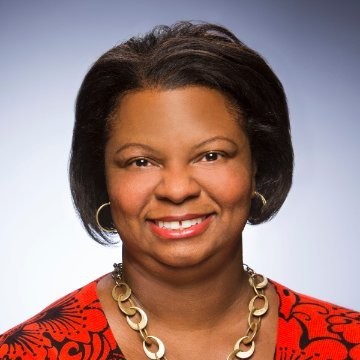
I believe all learners deserve a high-quality education they can take anywhere. This is my philosophy of postsecondary learner/student success. It guides my work every day.
I’m the product of Ohio’s public education system. From kindergarten through college, my learning journey benefitted from high-quality instruction; the support of teachers, faculty, and administrators; and critical co-curricular learning experiences. My college internship in the Ohio State Senate led to my first job after college in state government. My leadership experiences in Student Recreation, the Student Government Association, the Union Activities Board, the Black Student Union, and campus work in the university’s administration wing—combined with graduate learning—provided the foundation for my nearly 20-year career in postsecondary education.
I figured out how to connect the dots, to leverage academic courses and leadership experiences into a job, and build on those experiences with additional learning. Without intentional, streamlined systems to recognize and credential learning as you go, connecting the dots is difficult for many learners. The ability to meet the demand for talent in the U.S. rests largely on postsecondary education’s capacity to recognize and credential learning. But that has not occurred for more than 20 million Americans who have some college credits but lack a quality credential.
Another 60 million Americans (25-64) are effectively locked out of the system, with little or no realistic chance to apply valuable skills to obtaining a quality credential to further their employment and education. If we want to bring about real change, we must catalyze action around the question: What is required to strengthen the role of postsecondary education as change agents in closing educational, economic, and opportunity gaps in short-order? One answer is recognizing learning—connecting the dots more directly with employers and credentialing skills that create opportunities for every learner to fully participate in 21st Century life, work, and communities.
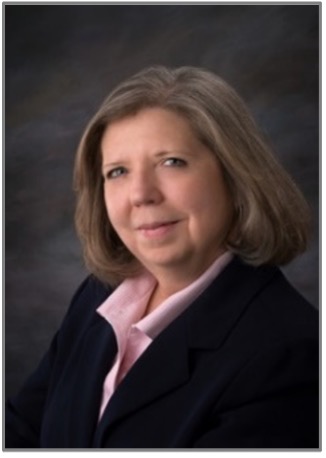
I was a 21-year-old mom with two years of college working for poverty wages when my boss’ boss said, “You need to finish your degree.”
I sheepishly responded, “Yeah, I know. Right now though I need to work and raise my son — I will finish one day.”
"Now is the time — we’ll pay for your college and work out your schedule. You need that degree, and we need your abilities on our team.”
When childcare fell through and a professor balked at my kid in tow, my boss’ boss took my son on bike rides. She made my first-degree possible which made the next degree possible which made my career a transformational reality for generations of my family. Me, my son’s, and grandsons’ lives were forever changed.
Today, many dare-to-dream learners are working parents. For skill-building and degree earning to become a reality, we need more than financial aid (though we often need that too). We need steppingstones —potentially earn-as-you-grow career credentials — that quickly improve prospects for economic mobility for ourselves and our households. We may need success guardrails such as wrap-around services that help stabilize housing, transportation, childcare, nutrition, physical and mental health, and more, to help us manage our lives as we acquire qualifications that employers value. This transformation is already being achieved in scattered places around the country, and tiny points of hope are being realized. Our opportunity is to take the best of what can be and make it available to all who activate their courageous dreams. Let’s be like my boss’ boss. Let’s do this.
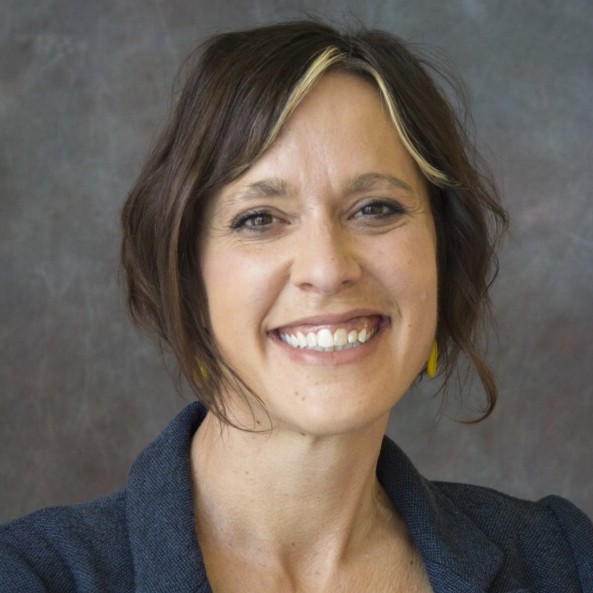
When I started my career as a high school social studies teacher, I was assigned to teach two classes in the PSL program. They told me PSL was an acronym for "Preparing Students for Life." This sounded pretty great until I learned all the students in the program were labeled “at-risk,” and their best option for graduating was to be in a program that prepared them for life rather than college. I was outraged that some students had received and internalized the message they were not “college material”—as if what was lacking was them rather than a deeply flawed educational system. Since then, my career has been guided by my commitment to help expand educational access and success to historically marginalized learner populations.
We see many community college students taking 1-2 courses at a time to balance this with their work and family commitments—persisting 5-10 years to complete just an associate degree. And for those years of their commitment to advancing their education, they often have nothing to show an employer that would advance their earning potential. This is one of the reasons incremental credentialing is so important.
Creating such a system is achievable given the disruption higher ed is experiencing. With online learning, students have more choices for institutions to enroll in, and many students are looking for pathways that allow them to learn, then work, then learn some more to advance in their work opportunities. Technology is also enabling employers to utilize skills-based hiring rather than relying just on degrees to sort qualified candidates. Additionally, there is greater recognition that degree-centric hiring is not yielding the diversity of employees companies are seeking.
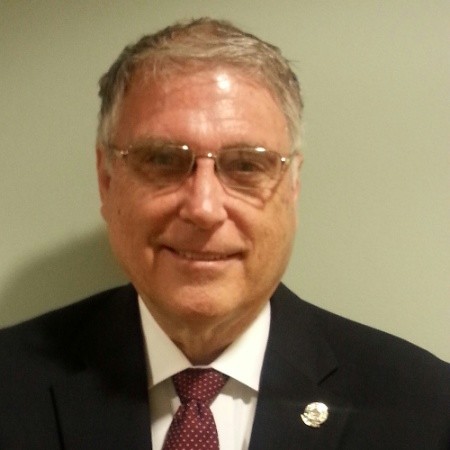
My commitment to higher ed opportunities for all learners has been forged by 28 years of service in the Army Medical Department. The Army exemplifies in many ways how a career path should be executed. The military is very transparent in how to move to higher levels. Job descriptions for all levels of education and training are designated at various timeframes in your career, and the work experience that are needed for promotion. These are not only technical skills — problem solving, critical thinking, and the ability to work as a team are additionally highly valued and continually evaluated. And competency-based education is the norm. Because training costs money, the military wants to train to specific, required competencies. The military also recognizes the quality of education available in the civilian world. The military fortunately funded me to go for my Ph.D.
The civilian higher ed system must change for the concept of credential-as-you-go to succeed. An example is the trouble so many learners have just transferred course credits from one institution to another. And when you add non-degree credentials acquired outside the higher ed system, a growing phenomenon, we have more complexity in a system unprepared for these changes.
It will take years to implement an incremental credentialing system because the various agencies that produce credentials in the U.S. do not understand one another and do not trust one another regarding quality. We must break down barriers among the agencies and start small— increasing the interaction among them. When working relationships are created, barriers come down. I’m reminded of a similar issue — civility— where the more interaction occurs, the less the misunderstandings. Our nation is facing a mission of change — like a military mission— to build a workable system for all Americans.
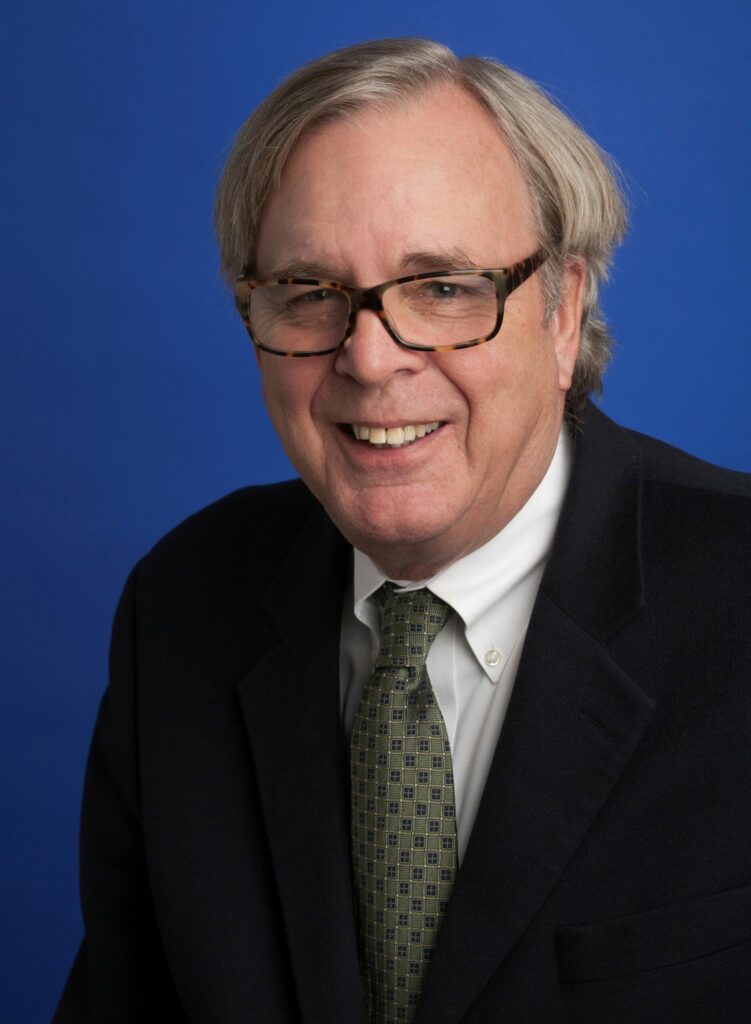
The power of experiential learning has impacted my entire career. I attended the first Outward Bound program in America right out of high school— thinking it would be a piece of cake because I had grown up in the woods in Vermont. I journaled every night and that was a powerful learning experience. I learned too about teamwork —the guy that can light the fire in the rain is as important as the guy who can read the map as important as the guy who can hike all day. Many other “non-academic” learning experiences shaped my views; e.g., working a job throughout school, internships in DC, running a Saturday program for our town’s underprivileged kids on campus. I interned for the Commissioner of Education in VT and set up a community service program for academic credit for high school juniors; and started a community-based, non-campus college where we gave academic credit for prior experiential learning. Through these and many other experiences, I’ve been trying to understand what it is we do in school that does not help people succeed and is not friendly to all sorts of people.
The traditional higher ed system of degree-laddered opportunity was unprecedented for the millions of people who benefited from it. But we likely excluded an equal number for reasons of birth, race, gender, ADHD, income, you name it. Moving from a degree-centric system to a system that recognizes learning as it occurs is a transformation we must test out. There’s a real power in incremental credentialing —the collection of the continuous learning record. Recognizing and understanding it is about how to legitimize important, powerful, and celebratory learning milestones.
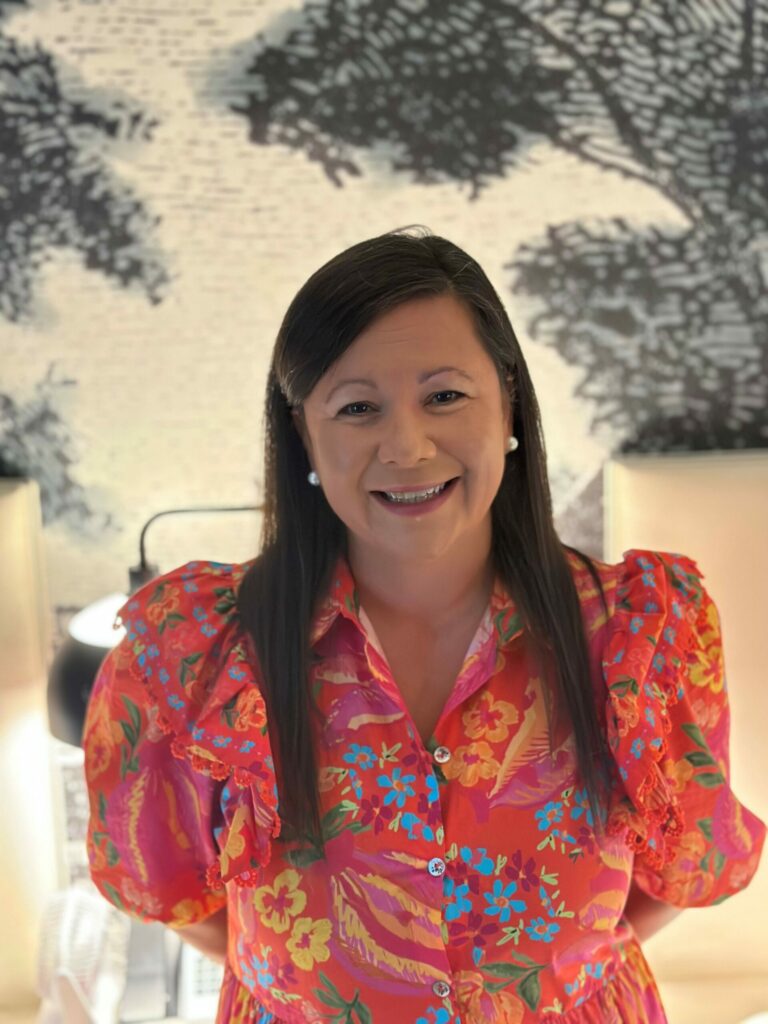
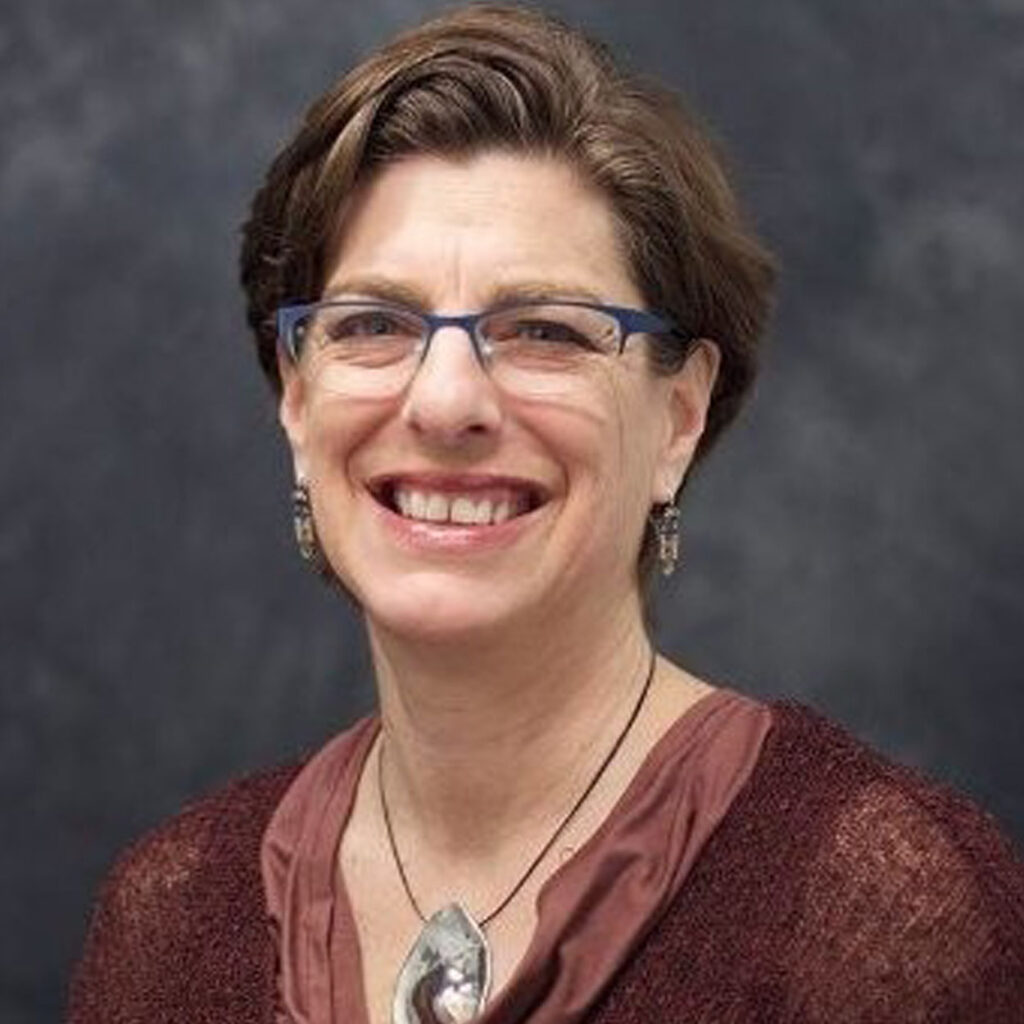
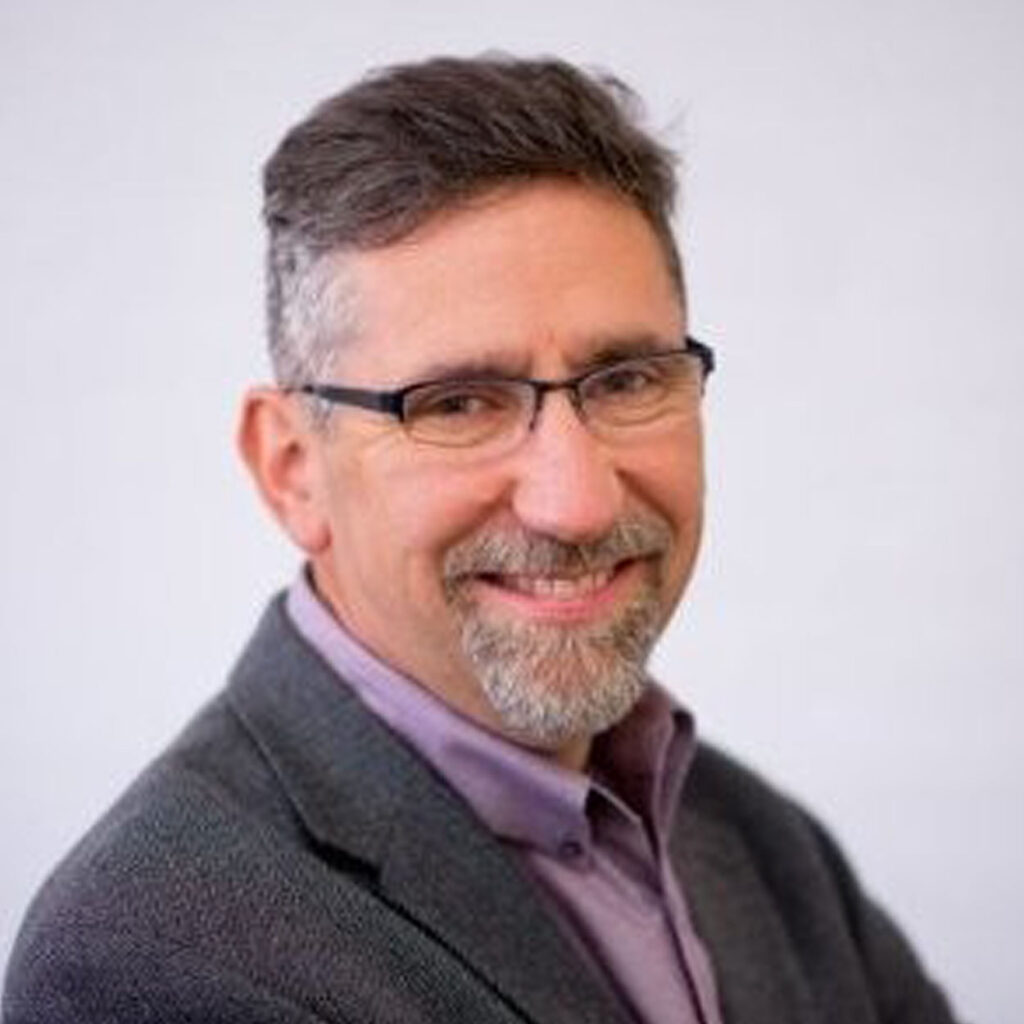

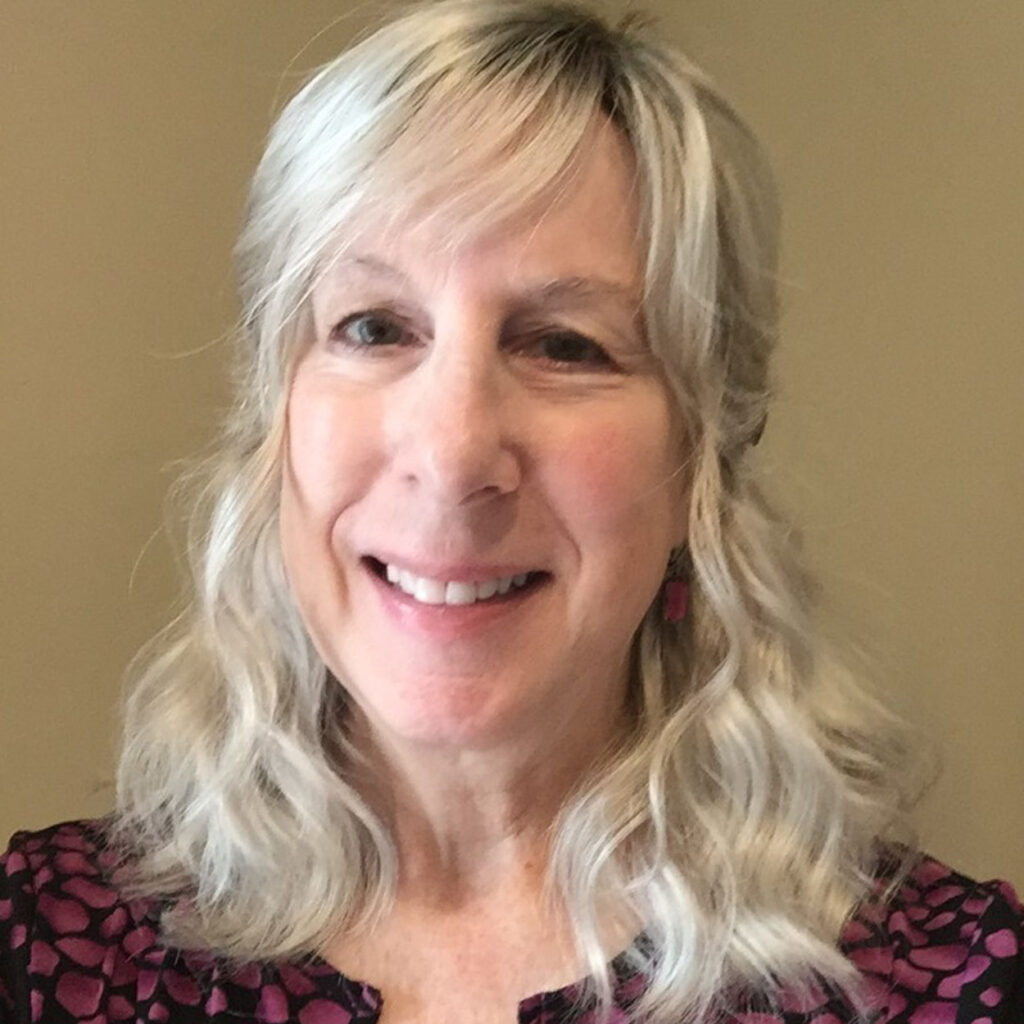
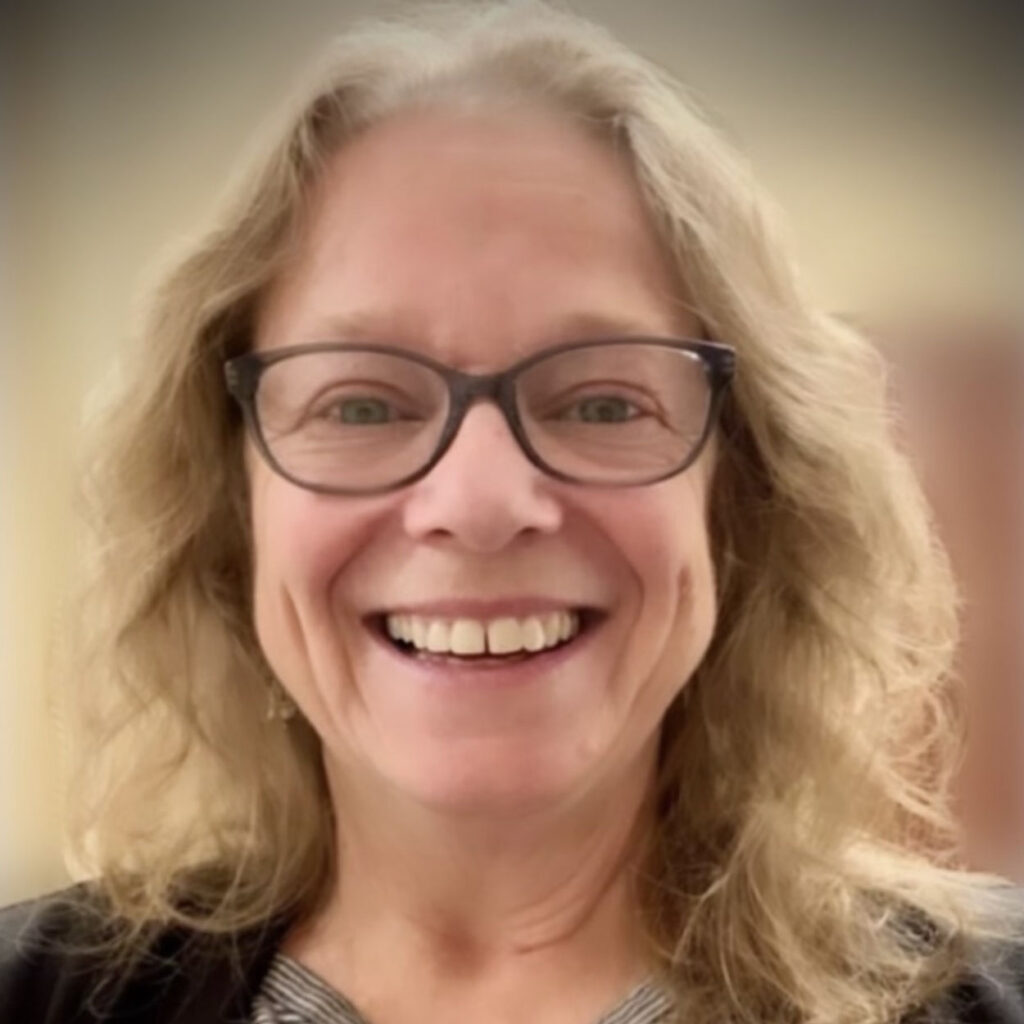
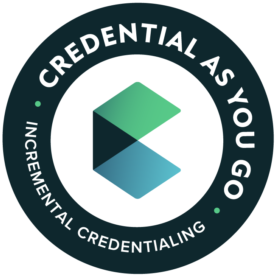
Credential As You Go has acquired three phases of funding to date. Lumina Foundation funded Phase I, resulting in the Incremental Credential Framework for testing. The Institute of Education Sciences, U.S. Department of Education funds Phase II (Grant R305T210063), which focuses on rapid prototyping of and research on incremental credentials with a national campaign. An anonymous private donor fund at the Program on Skills, Credentials & Workforce Policy at George Washington University funds the development of the prototype Learn and Work Ecosystem Library. Walmart funds Phase III, which focuses on systems change for expansion and sustainability of incremental credentials. The opinions expressed are those of the authors and do not represent views of Lumina Foundation, Institute of Education Sciences, the U.S. Department of Education, Walmart, or George Washington University.